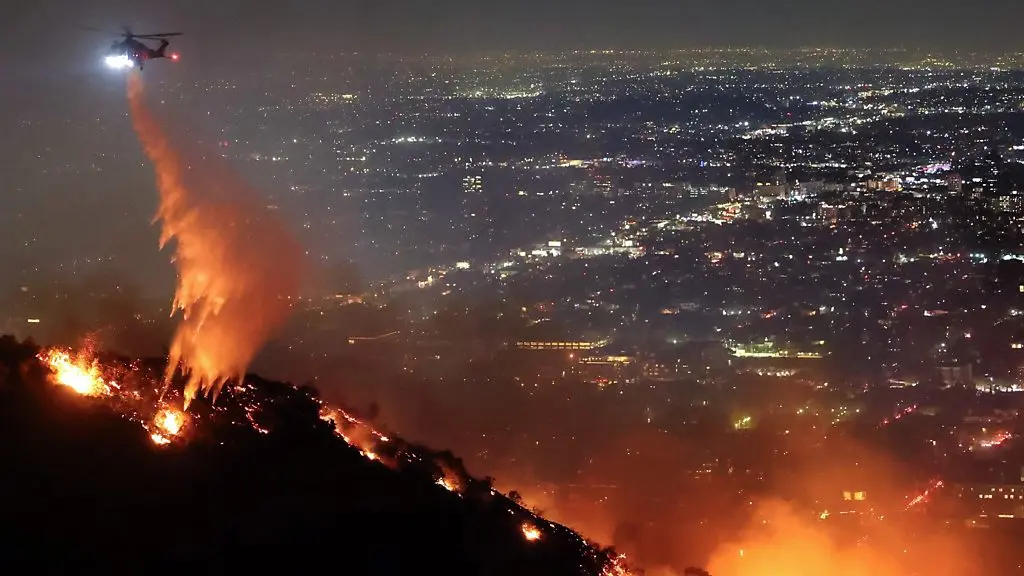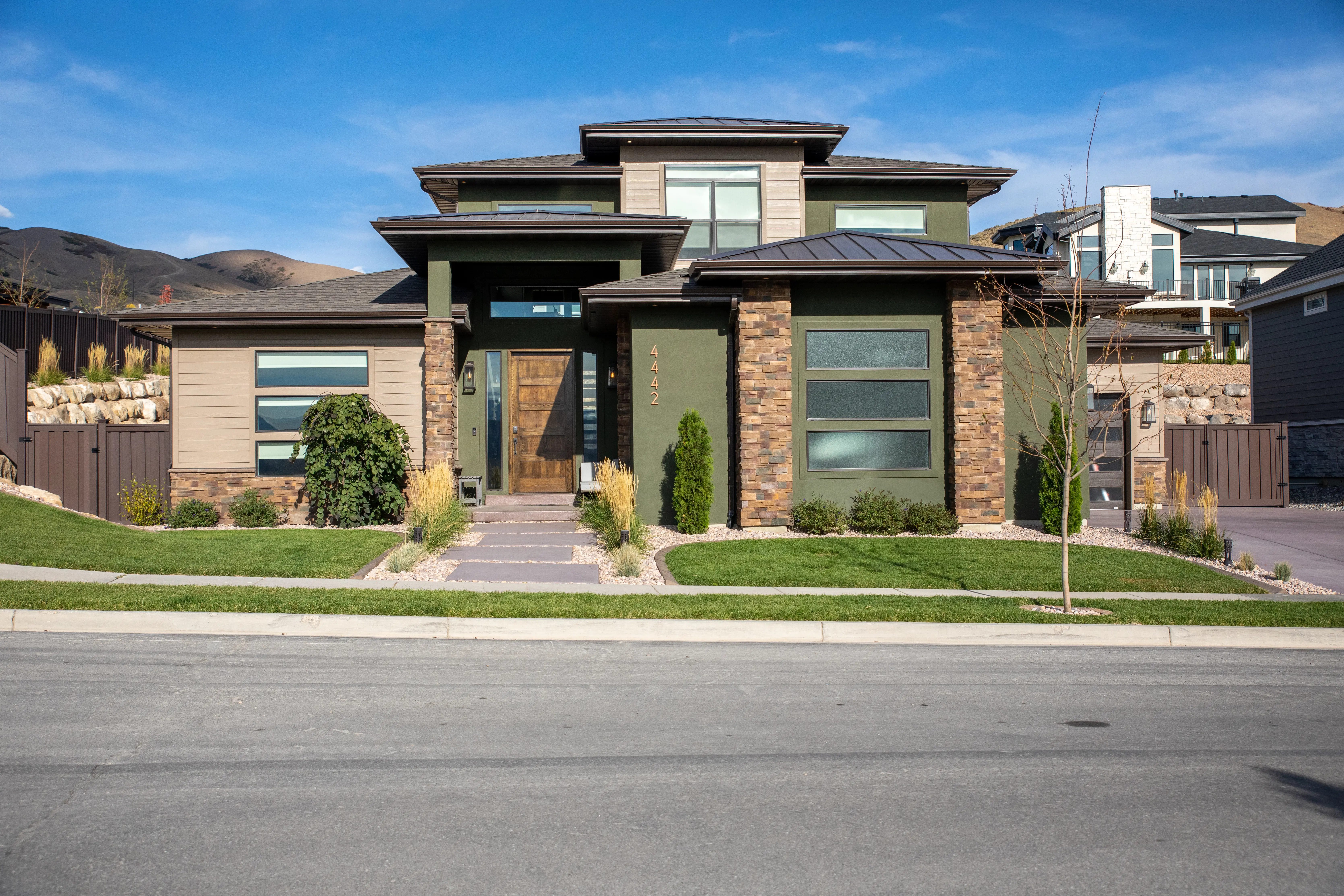Click Here Natural disasters can have a significant impact on real estate markets in the United States. From hurricanes to wildfires, these events can cause major disruptions and economic fallout for homeowners and investors alike. Let's take a closer look at some specific statistics that highlight the effects of natural disaster events on their associated real estate markets.
In 2020, the United States faced a record number of natural disasters, including hurricanes, wildfires, and severe storms. According to data from the National Oceanic and Atmospheric Administration (NOAA), there were 22 separate billion-dollar weather events in the country last year. These disasters caused an estimated $95 billion in damages, with the real estate sector bearing a considerable portion of the financial burden.
One of the most significant impacts of natural disasters on real estate markets is property damage. In 2020, Hurricane Laura caused an estimated $10 billion in damages to homes and businesses in Louisiana and Texas. Similarly, the California wildfires destroyed thousands of properties and caused billions of dollars in losses for homeowners and insurers.
Aside from property damage, natural disasters can also lead to decreased property values in affected areas. In a study by the National Bureau of Economic Research, researchers found that homes located within half a mile of a hurricane's path experienced a 7% decrease in value compared to unaffected properties. This decline can have long-lasting effects on local real estate markets, as homeowners struggle to sell their properties or obtain affordable insurance coverage.
There's also the question of what the recent Pacific Palisades Fire has done and will continue to do for real estate markets in the LA area, as well as across the country when you consider the impact of insurance coverage and premiums to the typical home owner. Already, many insurance companies are backing out of markets where losses have been too high, leaving homeowners without any recourse or option.
Read this NAR article to get their perspective as well - Click Here
Furthermore, the aftermath of natural disasters can also impact the rental market. In areas with high rates of property damage, rental prices can skyrocket as displaced homeowners and renters compete for limited housing options. This can make it challenging for low-income households to find affordable housing in the wake of a disaster.
Overall, the statistics show that natural disasters have a significant impact on real estate markets in the United States. From property damage to decreased values and disruptions in the rental market, these events can have long-lasting effects on homeowners, investors, and communities. As the frequency and severity of natural disasters continue to rise, it is crucial for policymakers and stakeholders to address these challenges and develop resilient strategies to protect the housing market from future disasters.





